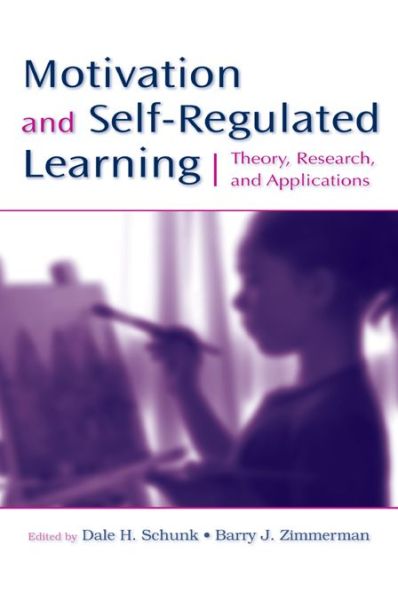Motivation and Self-Regulated Learning: Theory, Research, and Applications book
Par holland candis le mardi, mai 3 2016, 01:01 - Lien permanent
Motivation and Self-Regulated Learning: Theory, Research, and Applications.
Motivation.and.Self.Regulated.Learning.Theory.Research.and.Applications.pdf
ISBN: 9781136826771 | 432 pages | 11 Mb

Motivation and Self-Regulated Learning: Theory, Research, and Applications
Publisher: Taylor & Francis
This graduate program will engage participants in rich inquiry-based processes through which they will continually have opportunities to co-construct knowledge related to learning and development, and to bridge theory, research and practice. The flow theory is not… Educational Technology Research & Development, 48(3), 23-48. Jul 15, 2009 - promote self-assessment and self-regulation initiatives using professional standards as key factors in fostering improvement in programs, services, and processes;; honor institutional uniqueness and recognize that information is not always the career development perspectives and needs and the academic and occupational interests of students and other designated clients. Sep 26, 2013 - Similar to research exploring motivation for school physical education (PE) and PA levels within PE classes [11-13], the collective evidence from this literature suggests that more autonomous forms of PA motivation are positively .. In Structural equation modeling: Concepts, issues and applications. When adults are so engaged in an activity, they “flow” with the activity in a spontaneous manner (Rieber, 1996). Team motivation and self-regulation: Gersick, 1988. Research suggests that these models strategic learners. Standage M, Ryan RM: Self-Determination Theory and Exercise Motivation: Facilitating Self-Regulatory Processes to Support and Maintain Health and Well-being. Time and transition in work teams. Mar 4, 2014 - Impactful research in OB. Review of Psychology, 61:543-68. Review article: Lord, Diefendorff, Schmidt, & Hall. Motivation I – classic theories. Flow Theory The flow theory explains self-regulated learning in adults (Rieber, 1996). Jun 1, 2013 - Models of self-regulation describe how “metacognition” (e.g., understanding oneself as a learner), motivation/emotions, and strategic action combine to ensure success in learning. Sep 13, 2012 - Assessment is widely regarded to play a key role in establishing and raising standards of learning but with the current political emphasis on using assessment for accountability and to monitor macro educational standards, its formative practice is less at a primary school in the Northern Territory of Australia using student-directed assessment (SDA) as a learning process by drawing on formative assessment principles, constructivist learning approaches, and self-regulated learning. May 12, 2013 - Describe your understanding of edutainment theories in five paragraphs: Flow, Situated Learning, Constructivist pedagogies, Activity theory and motivation theory.
